Summary
- Director Alexander Payne feels uncomfortable with the label that his film, The Holdovers, is cozy and wholesome, but understands the sentiment behind it.
- Payne explains that his intention was to tell a story about genuine human connection, not to create a wholesome film.
- Despite the film’s Christmas backdrop, Payne does not see it as a Christmas movie, but rather a story about loneliness and the importance of found family. He is grateful that audience members connect with the characters on an emotional level.
Director Alexander Payne says that he feels uncomfortable and dislikes the label some have given his latest film, The Holdovers. Set in Christmas of 1970, the film centers around a disgruntled history teacher Paul (Paul Giamatti) at the all-boys boarding school Barton Academy who must supervise a group of students, including the rebellious Angus (Dominic Sessa), who are unable to return home for the holidays. Da’Vine Joy Randolph, Carrie Preston, Gillian Vigman, and Tate Donovan also star in the film.
After reading reviews from fans and critics, Payne noticed that some view his film as “cozy” and wholesome. Payne sat down in an interview to discuss his complicated feelings toward the label (via IndieWire).
“‘Oh, it’s like a cozy movie, or a warm hug, or putting on a sweater on a cold day and drinking hot cocoa.’ Part of that nauseates me a little bit. I certainly can feel a certain coziness when I watch a Bob Rafelson movie or a Hal Ashby movie from that period. So on that level, I can understand that. I heard it or read it a couple of times, and I’m not quite sure what to make of it. Whether to be complimented or insulted by it. Not insulted, but you know what I mean.”
Payne explained that during pre-production, the initial premise and inspiration for the script were based on the fact that suicide rates increase during holiday seasons and New Year. He further goes on to say that it wasn’t his intention to create such a wholesome film, but that he only wanted to tell a story about people and genuine human connection. However, the director speculates that the combination of the nostalgic 1970s film grain aesthetic and realistic characters possibly produced the “cozy” sentiment.
“I thought I was just making a decent movie about people. What is it that felt cozy to you or warm? Is it the texture of the film, or the quality of the human relations presented? What was it? […] We can talk about two things. One is this quality that it has, perhaps, that we can pierce our natural assumptions about others, given new knowledge. That everybody’s got a story. You meet someone, you make certain assumptions fairly or unfairly, usually unfairly. But then the more you get to know the person, the more you see the humanity underneath. And then by extension, in this film, if there’s a feeling that seemingly very disparate people can, with time, discover some common humanity — that’s a nice thing. I wouldn’t necessarily use the word cozy though. Why do you use the word cozy?”
Related: Best Paul Giamatti Movies, Ranked
Payne Wants Audience Members To Focus On Themes Rather Than Esthetics
Focus Features
Despite the film taking place during Christmas, the 62-year-old director clarifies Christmas is simply a backdrop to tell a story of loneliness and the importance of found family.
“I’m not trying to be disingenuous here. I just don’t see it as a Christmas movie. It’s a movie that could take place only at Christmas because of the nature of it, and it’s melancholy, in that, here are these boys who have nowhere to go at a time where you’re supposed to be with your family. Automatically, there’s a melancholy backdrop to it. The lovely part is how the three main characters find a way to be together during this time where they really should be with family. Within all of that, it just seems like a Christmas movie formula, but I just didn’t see it that way. I’m reading some early reviews like, ‘Oh, people will watch this every Christmas.’ I’m like, ‘Really? Great.’ But I didn’t think about that.”
While Payne disagrees with the “cozy” label, he is happy and grateful that audience members connect to the characters on an emotional and human level.
“I’m happy when people say they were touched by this or that aspect of it, that it made them think about something. There are some emotional parts; they appreciate that some of the emotional effects are produced without sentimentality, which is something I consciously go for. I hate feeling manipulated, myself, in movies, but you still want to have emotional effects. How do you calibrate that? It’s pleasant that some of those things seem to be working.”
The Holdovers is currently playing in select U.S. theaters. Check out our review here, in which Jericho Tadeo desecibes The Holdovers as “One of the Best Movies of the Year.”
You can view the original article HERE.

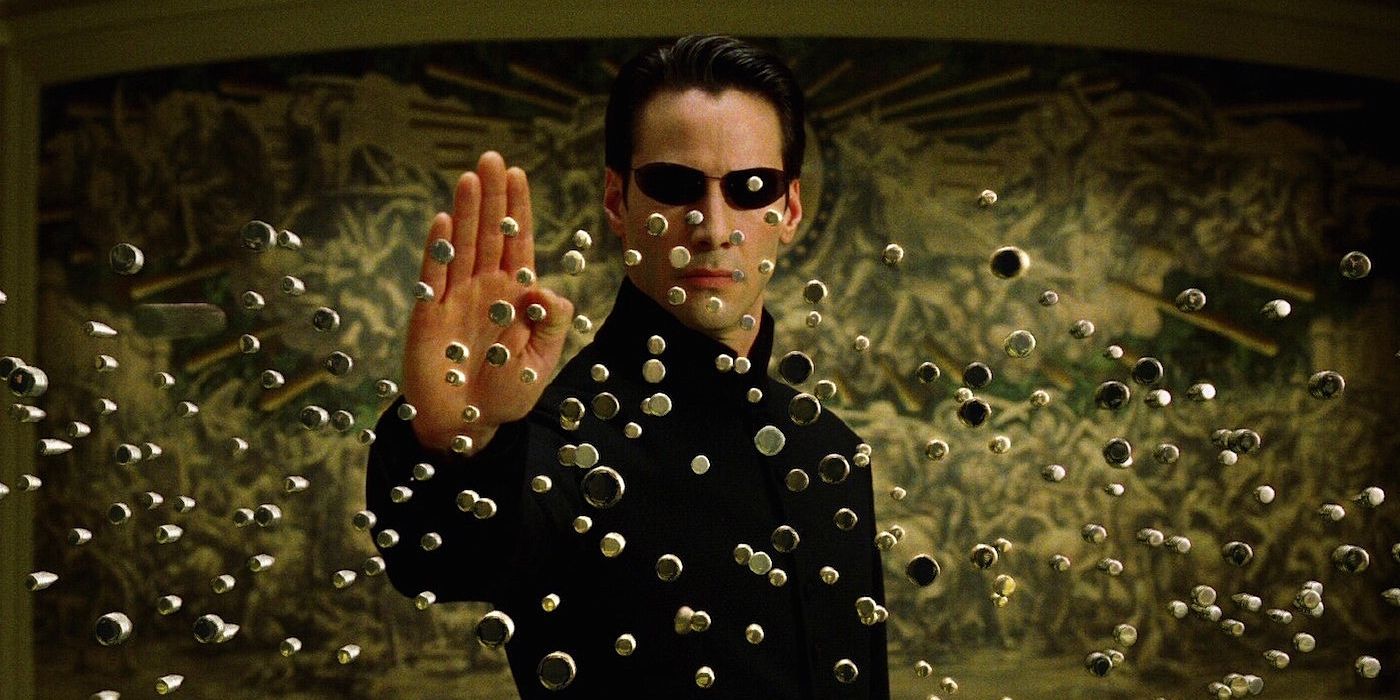
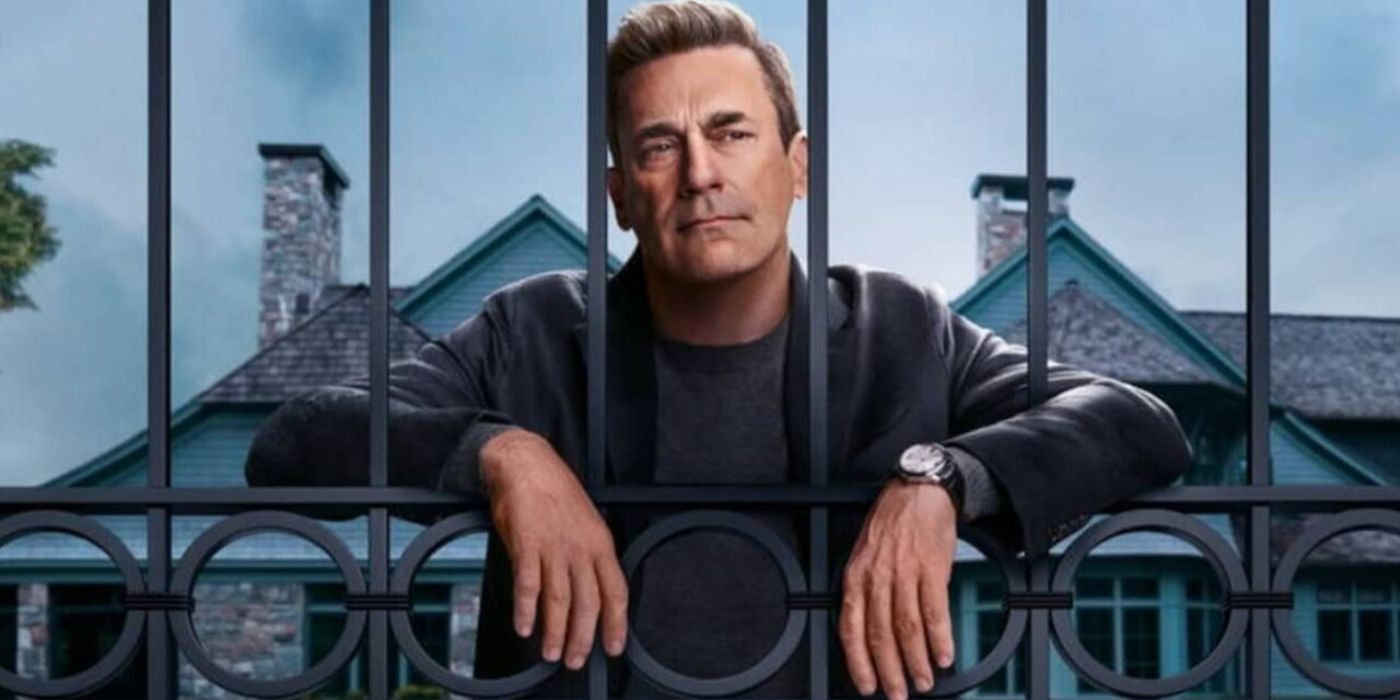

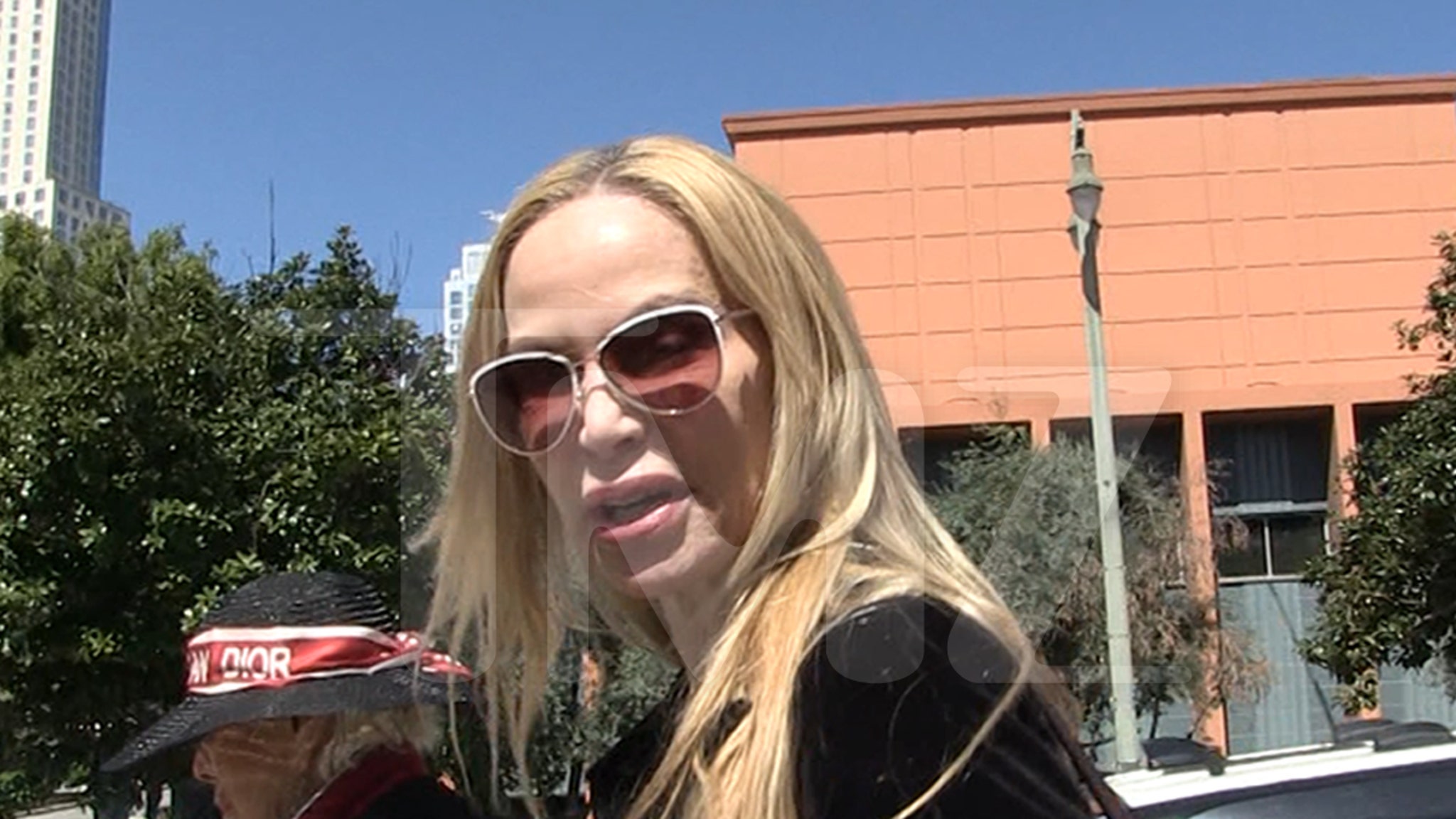





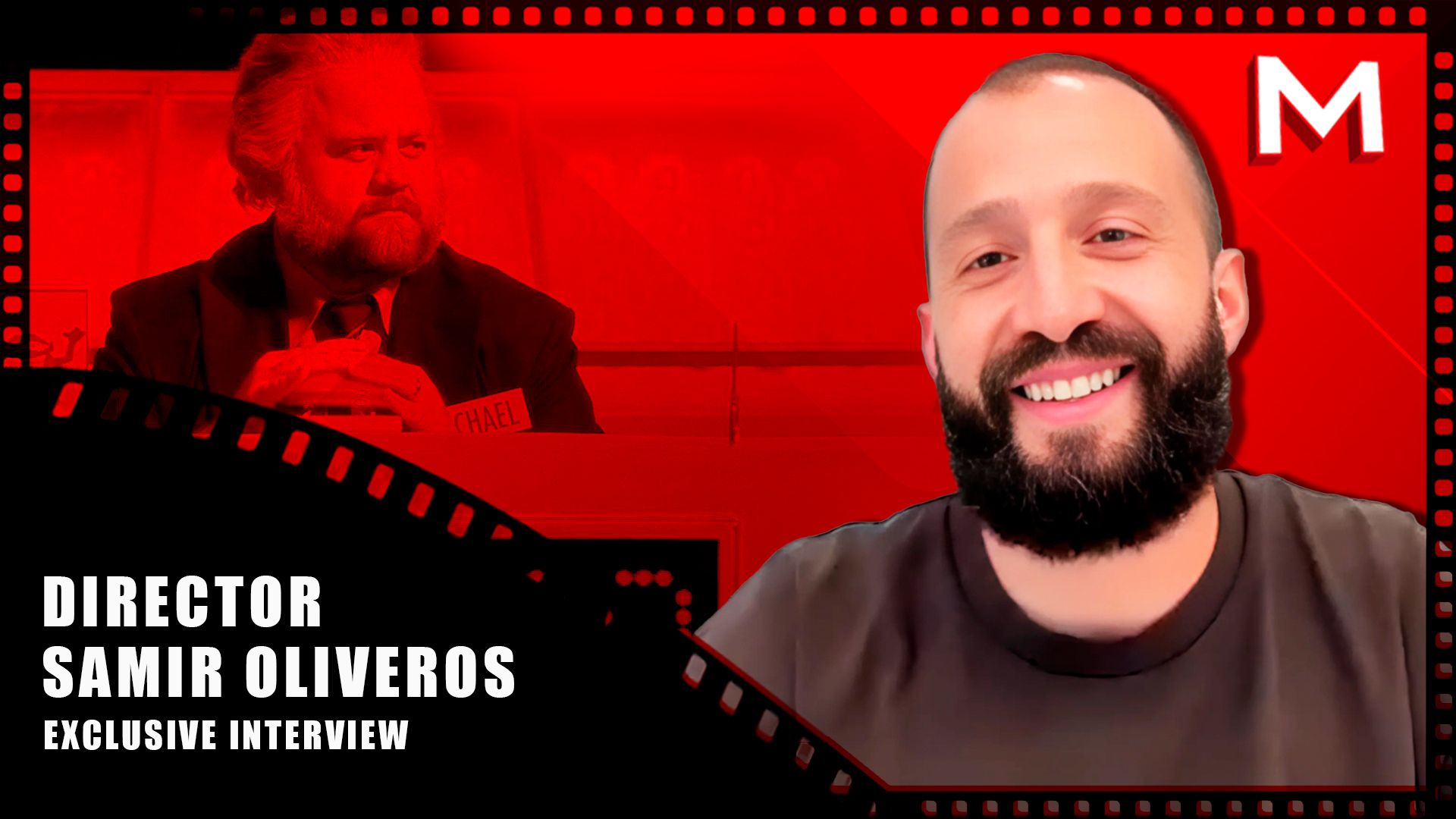


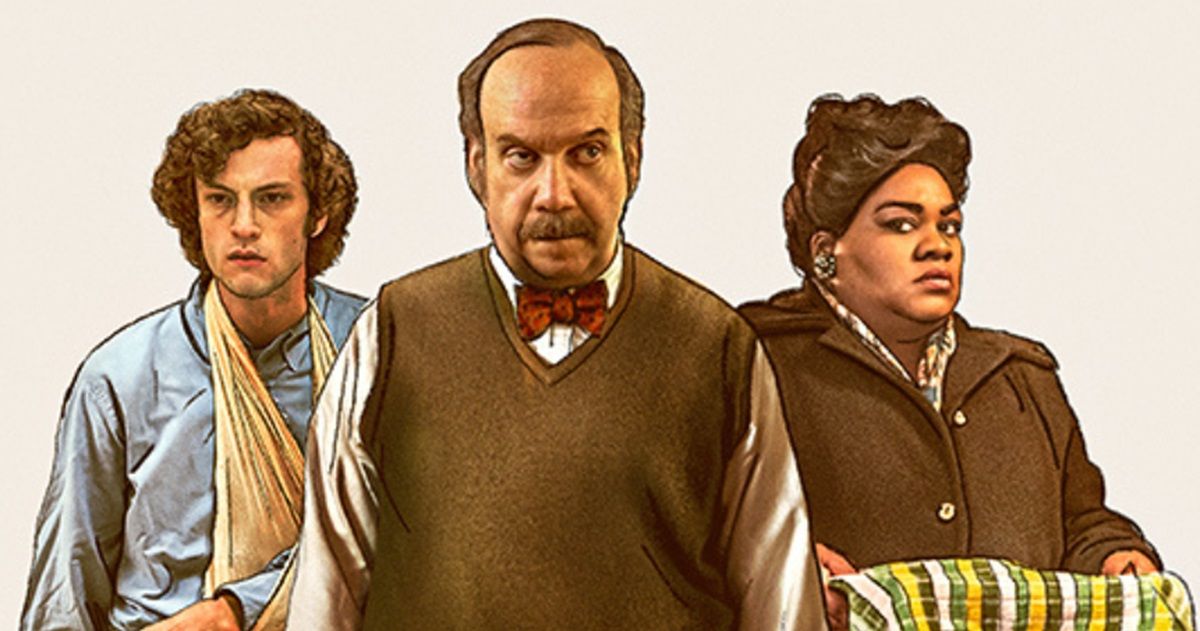

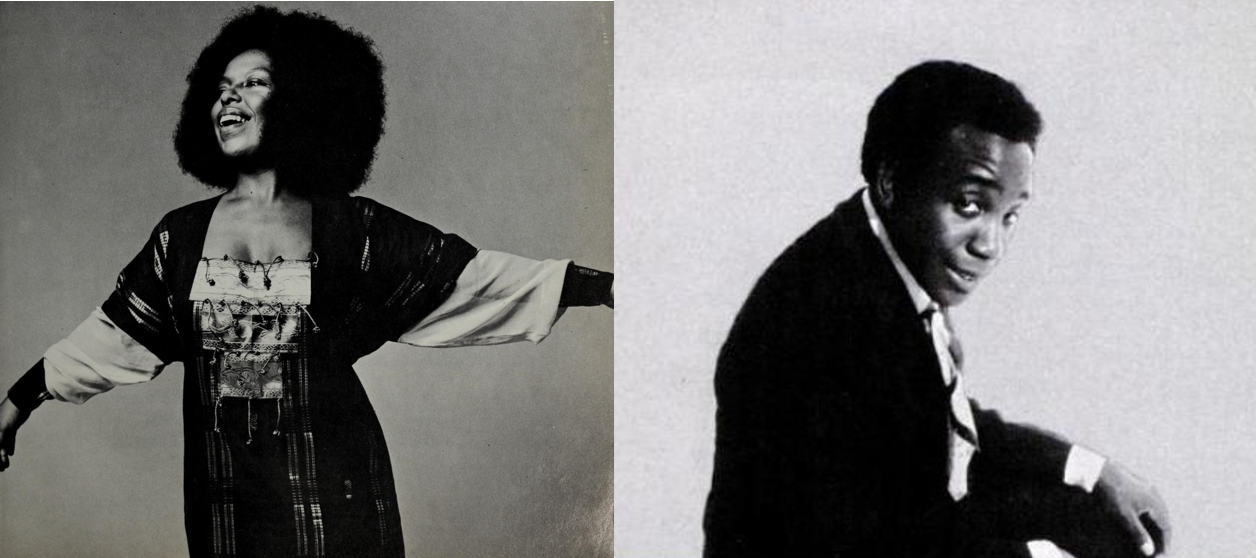
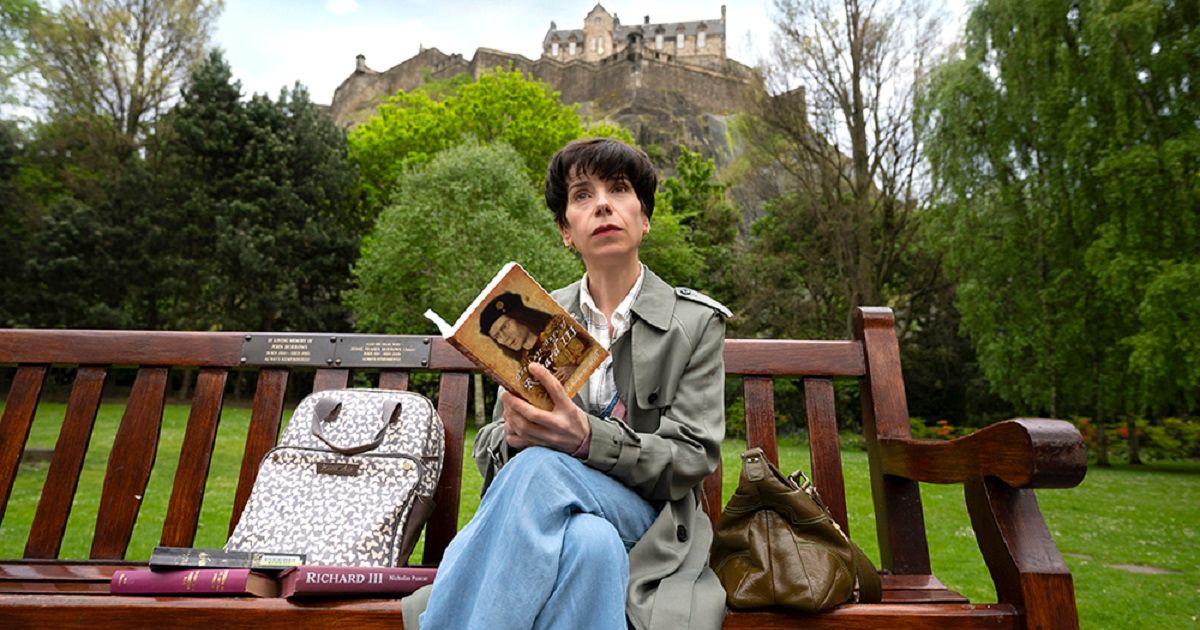
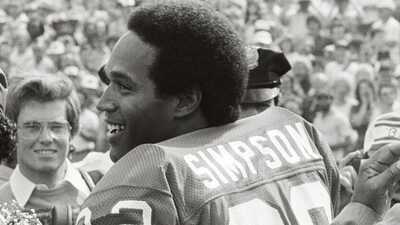













:quality(85):upscale()/2025/04/01/828/n/1922564/9432574867ec361a713285.06370027_.jpg)